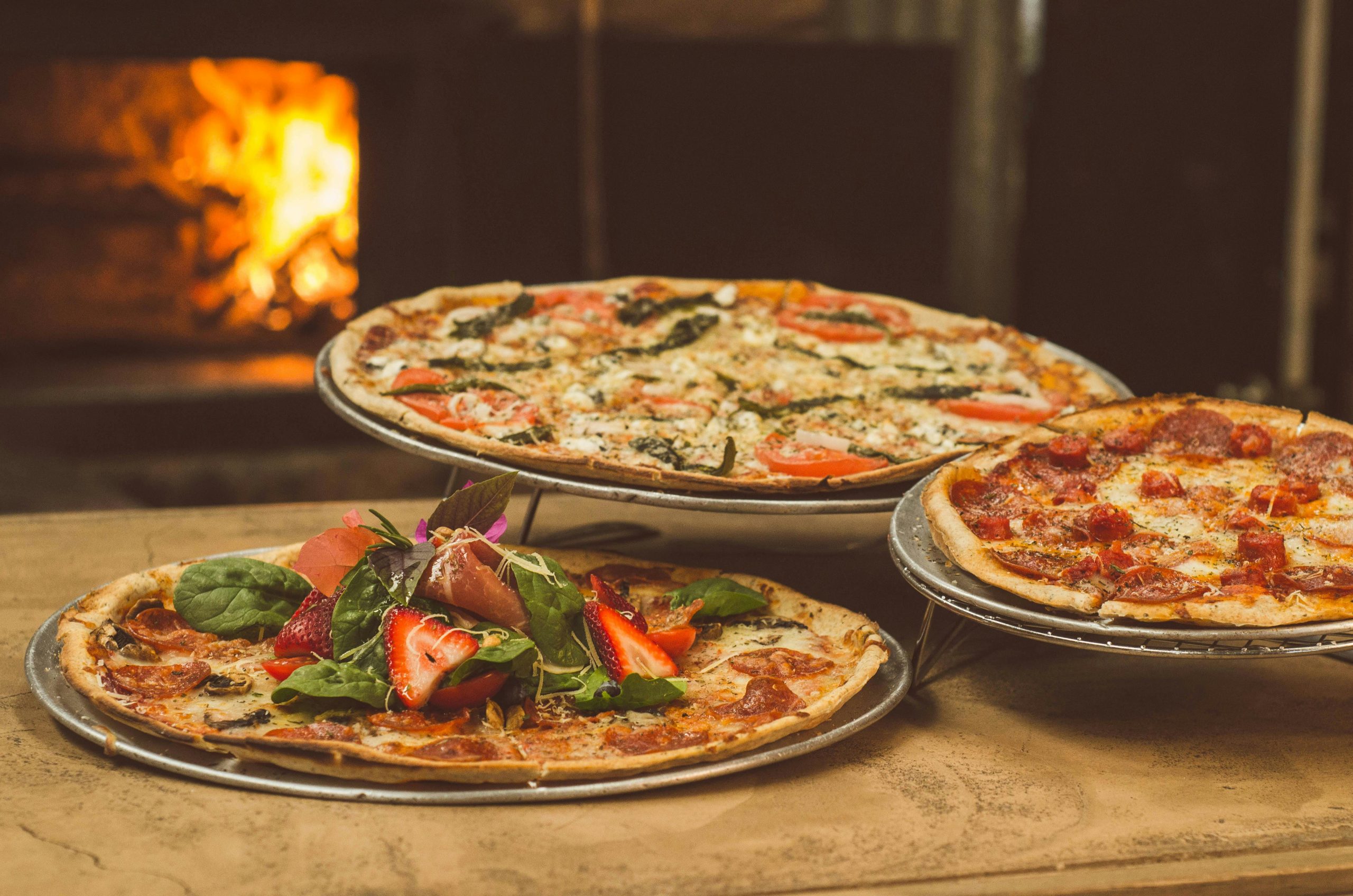Although inflation appears to be decelerating swiftly, one sector persists in exerting significant strain on the financial resources of Americans: persistently elevated food prices.
The escalation in food expenses was a contributing factor to the inflation report released on Tuesday, where food prices surged by 0.4% in January compared to December, outpacing the overall 0.3% increase in the Consumer Price Index (CPI).
The CPI, which encompasses a variety of goods and services commonly purchased by Americans, evaluates two categories of food expenditures: groceries and “food away from home,” encompassing dining out and other prepared meals.
Both categories are experiencing upward trends, but the cost of restaurant meals is escalating at a more rapid rate, with a 5.1% annual increase compared to a 1.2% uptick in grocery prices.
Corporate Price Hikes Amid Inflation

The persistence of inflation’s impact on food prices can be attributed to several factors, including escalated labor expenses at manufacturers, which subsequently affect consumers, and historically low cattle numbers resulting in increased costs for beef and steak.
However, some policy analysts identify additional contributing factors. They argue that corporations are raising prices simply because they have the ability to do so.
President Joe Biden recently cautioned that companies are engaging in “price gouging,” “greedflation,” and shrinkflation, effectively taking advantage of consumers.
“Greedflation” refers to the practice where companies raise product prices beyond the inflation rate to bolster their profits—a concept that economist William Dickens from Northeastern University observes has become politicized, with Democrats generally embracing this notion.
Conversely, Republicans tend to attribute higher prices to policies implemented by the Biden administration.
Significant Fast-Food Price Jump for Americans in January
Americans are facing significant price increases when dining out, with fast-food prices rising by 5.8% in January compared to the previous year, as per the latest inflation data.
One of the chains, McDonald’s, has recently raised its prices, potentially deterring price-sensitive customers. CEO Chris Kempczinski revealed earlier this month that the burger giant experienced reduced foot traffic and decreased spending among customers earning $45,000 per year or less.
McDonald’s Chief Financial Officer Ian Borden emphasized on an earnings call earlier this month that consumer caution regarding pricing is evident, and the company intends to prioritize consumer preferences in its pricing decisions moving forward into 2024.
The impact of rising prices at grocery stores and restaurants varies among Americans. Low-income consumers are disproportionately affected as they must allocate a larger portion of their income to cover essential expenses.
